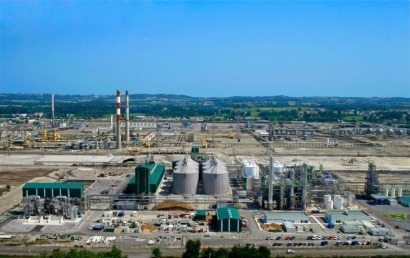
The bioethanol plant will have an annual production capacity of 70 million litres of ethanol and 50,000 tonnes of dried distillers grains with solubles, a by-product used for manufacturing animal feed.
The plant will use sorghum, maize, barley and wheat as raw materials, which will be processed using dry milling and batch fermentation. A cogeneration station will be constructed next to the plant, with an installed capacity of 8 MW, which will use biomass to produce the electricity and heat (steam) required by the bioethanol plant.
Abengoa will be responsible for constructing the facilities, which will take approximately 22 months. Both companies will subsequently form a joint venture to operate and maintain the plant. ALUR will be responsible for selling the end products and for the supply of the raw materials.
Abengoa, which owns and operates five bioethanol facilities in the United States and Europe with a total production capacity of 195 million gallons, said this contract “once again highlights its leadership in constructing, designing, developing, engineering and operating biofuels plants”. Abengoa’s accumulated experience in carrying out such turnkey projects totals more than 2.5 billion litres (installed) over the last few years.
Abengoa has been operating in Uruguay since 1980. It has carried out numerous projects in the country since then, including the extension and remodelling of the drinking water plant in Aguas Corrientes, the transmission line from Montevideo to San Carlos, as well as recently wining the contract to develop a 50 MW wind farm for the national electricity company UTE in Peralta, Tacuarembó.
For additional information:

